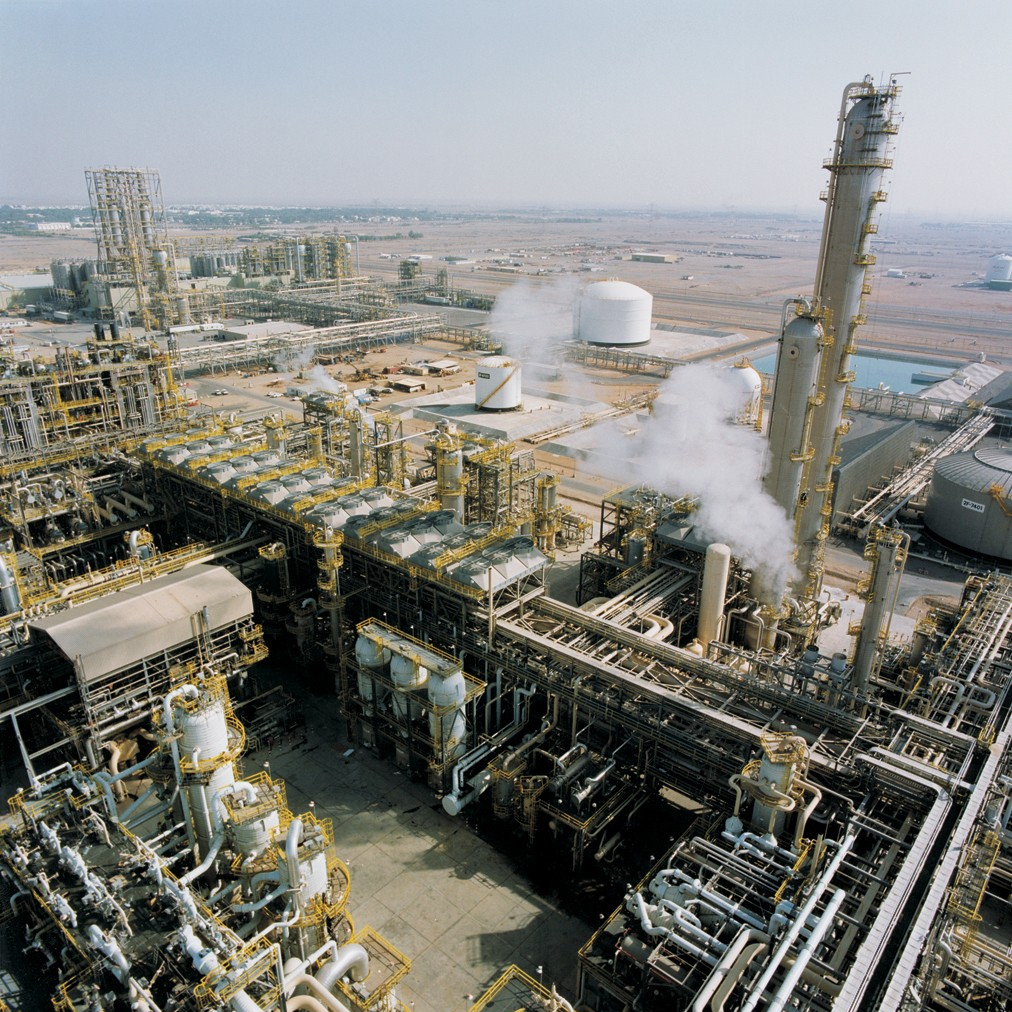
Base chemicals for petrochemistry are the building blocks for petrochemistry.
Base chemicals for petrochemistry are the building blocks for petrochemistry.
It is important that they are easy to connect (bond or link) to each other, which is called polymerisation, or that atoms other than carbon and hydrogen can be introduced, such as oxygen, chlorine, fluorine and nitrogen.
The following is understood under base chemicals:
- the olefins; i.e. ethene, propene and butenes
- the aromatics; i.e. benzene, toluene and xylenes
The main producer of olefins is the steam cracker (or: ethylene cracker), and additionally aromatics are also produced in this process. Another source of base chemicals is the oil refinery itself, in particular the Catalytic reformer.
The Catalytic reformer (or: Platformer/Powerformer) is a plant that has been specifically constructed to produce aromatic-rich gasoline blending components. This product is called reformate.
Aromatics required for petrochemistry can be separated from this reformate. The refinery will also produce the base chemical olefins, particularly from the Catalytic cracking process (i.e. propene and butenes).
So: Most base chemicals are derived as a by-product from oil refineries or as the main product from a steam (ethylene) cracker or an Olefin Plant.